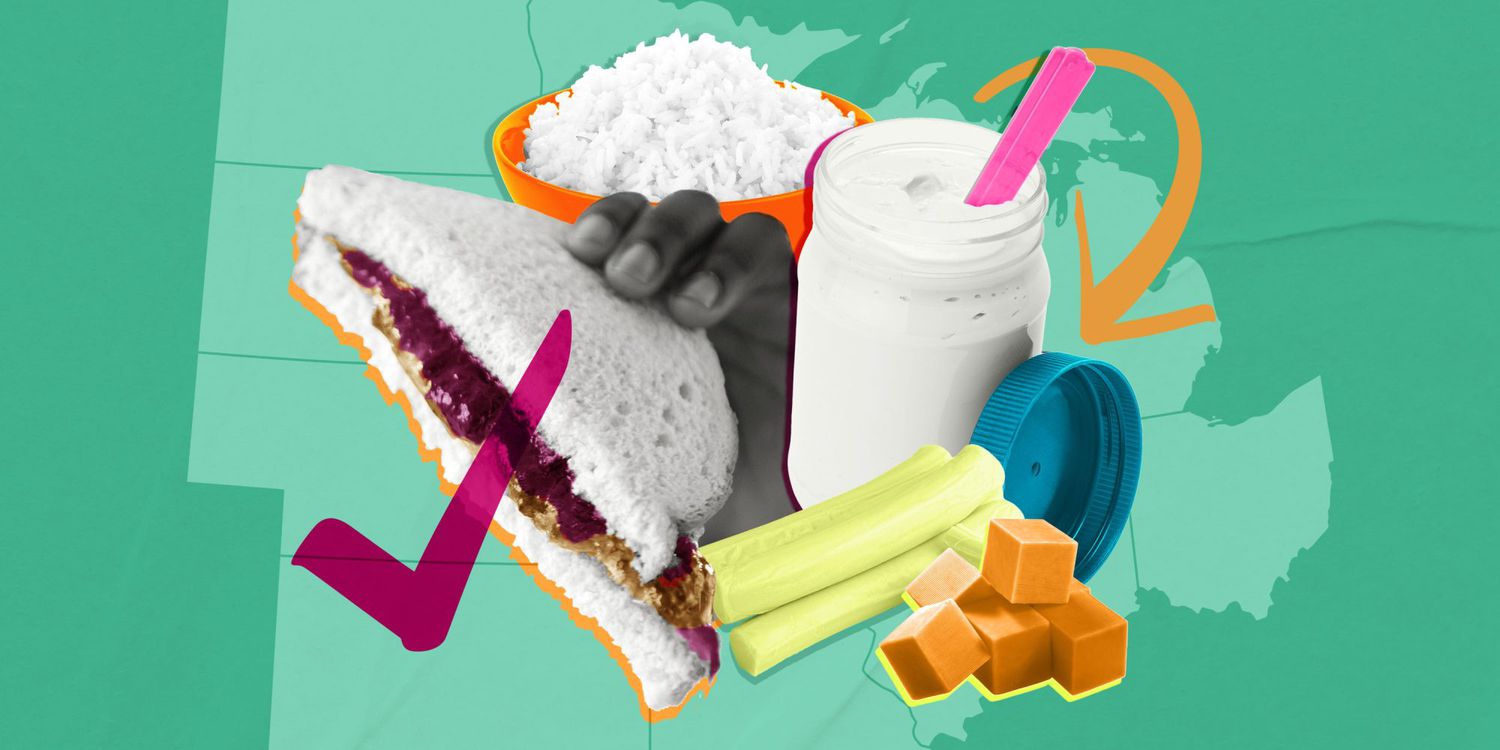Pickles are a great snack or accompaniment to a good sandwich, but how long do they really last? Sometimes it seems like they can live forever in the back of the fridge and still taste great. But like all jarred items, there are rules for their storage to ensure their freshness.
Do Pickles Go Bad?
No matter how they’re prepared, all fresh foods go bad eventually. Pickled and fermented foods, like pickles, tend to have a much longer shelf life, though. This is primarily due to the acid in the brine. Food goes bad because of harmful bacteria that multiply and eventually spoil food.
Thankfully, these bacteria hate acid, like the vinegar in pickle brine. It slows the growth of harmful bacteria and even kills some other unwelcome contaminants. But even with all that acid, pickles still have a point where they’re no longer suitable to eat. So yes, pickles do go bad, but lucky for us pickle lovers, it can take a while for that to happen.
How to Store Pickles
Properly storing your pickles is a major factor in how long they’ll stay safe to eat. Like all perishable foods, they should be stored in the refrigerator once opened. Assuming nothing has gotten into the jar to cause your pickles to go bad, they should last up to three months in the coldest part of your fridge (i.e. towards the back).

The canning and sealing process involves considerable measures to keep bacteria out, but once you open the jar, bacteria are welcomed in, even if you’re super careful. This being the case, always make sure to use a clean utensil to grab your pickle. While fishing them out with your fingers may seem easier, our hands are coated in millions of bacteria and spores that can quickly contaminate the whole jar and accelerate spoilage.
How to Tell if Pickles Have Gone Bad
The first step in assessing whether your pickles are past the point of no return is to take a look at the container. If the lid is bowed or distended, that’s a telltale sign of bacterial activity, and the pickles should be thrown out. Once you open them, if you see any mold or odd things floating on the brine’s surface, or if the brine suddenly goes cloudy, that’s a good indicator that something is wrong and it’s time to discard the jar. Make sure to give them a sniff, even though pickles already have a strong smell; if you notice a funkier scent or anything that smells rotten, throw them away immediately.
Finally, if everything looks and smells okay, pick one out and touch it. If it feels very soft and mushy, or the texture is different than usual, they’re definitely not safe to eat. If you’re ever unsure or if you feel like your pickles might be bad, it’s always better to err on the side of caution. Remember, to avoid foodborne illness — when in doubt, throw it out.
Related:
- Is Expired Food Safe to Eat? The Truth About Expiration Dates
- When It Is and Is Not OK to Eat Moldy Foods
- This Is What Those Best-By, Sell-By, and Use-By Dates Really Mean




